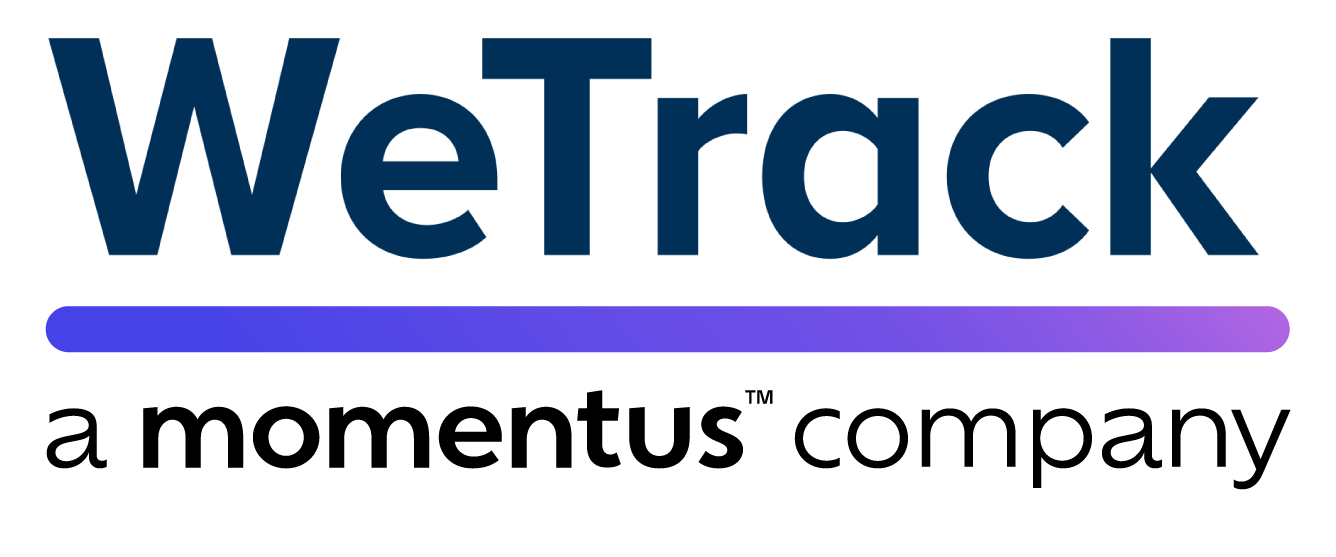If you're a project management expert, you can probably skip this article. But if terms like Waterfall and Scrum leave you scratching your head, read on!

Organisations don't need to pick a project management methodology and enforce it religiously. Indeed, some flexibility in how your team operates will always be useful. However, having an understanding of key methodologies in project management will enable you to support your team to achieve successful projects with efficient ways of working. Having this grounding will also show you that there is more than one way to get things right!
Let's take a look at a few of our favourite* methodologies (*the most common ones).
1. Waterfall. This approach is great if you are delivering a project with a very fixed structure and that will not change much over the lifespan of the project. This is because it involves completing a series of pre-defined steps, in order, towards the completion of the project. As a result, it gives you structure and predictability, but lacks flexibility.
2. Agile. An agile approach dispenses with that overly structured way of thinking, enabling faster work, with frequent iterations of the scope of work as the project continues. It gives you the flexibility to complete projects simultaneously when priorities change, but loses the rigid predictability of the waterfall methodology.
3. Scrum. Really a subset of the agile approach, a scrum consists of completing pieces of work in short cycles (of perhaps two to four weeks). There is less long-term planning, and more constant iterations of which work should be prioritised for the next cycle out of your total backlog of work.
4. PRINCE2. PRINCE2, standing for Projects In Controlled Environments, is the standard project management qualification in WeTrack's home in the United Kingdom, and so is a common approach here. It is structured and risk-averse, dividing each project into seven phases:
- Starting Up a Project;
- Initiating a Project;
- Directing a Project;
- Controlling a Stage;
- Managing Stage Boundaries;
- Managing Product Delivery; and
- Closing a Project.
More important than any one methodology is to empower your team to work efficiently and effectively in a way that engages and motivates them. Understanding different approaches will enable you to achieve this.

Getting the best from your team
This is what every project management methodology aims to do: helping organisations to effectively deliver successful projects. So your methodology needs to fit your entire organisation or team - not just you.
But with 101 different ways to manage a project, finding that right fit is difficult and will take time. Here are a series of questions to ask yourself as you look for that perfect fit.
- Are you working towards any fixed deadlines, such as an event?
- Is your team large or small?
- Is there a large amount of risk to stakeholders and the public?
- Do you have a very clear idea of what the finished product of the project should look like?
- How, and how often, do you need to report to executive level and stakeholders?
- And are you working within a very fixed budget, or does it have room to grow?
Finding the right project management processes for your team and organisation will be an iterative process - but one which you need to get right in the end.

As well as the right processes, you need the right software. Get in touch or watch this introductory video to learn more about WeTrack's project management software for events, venues and sport.


